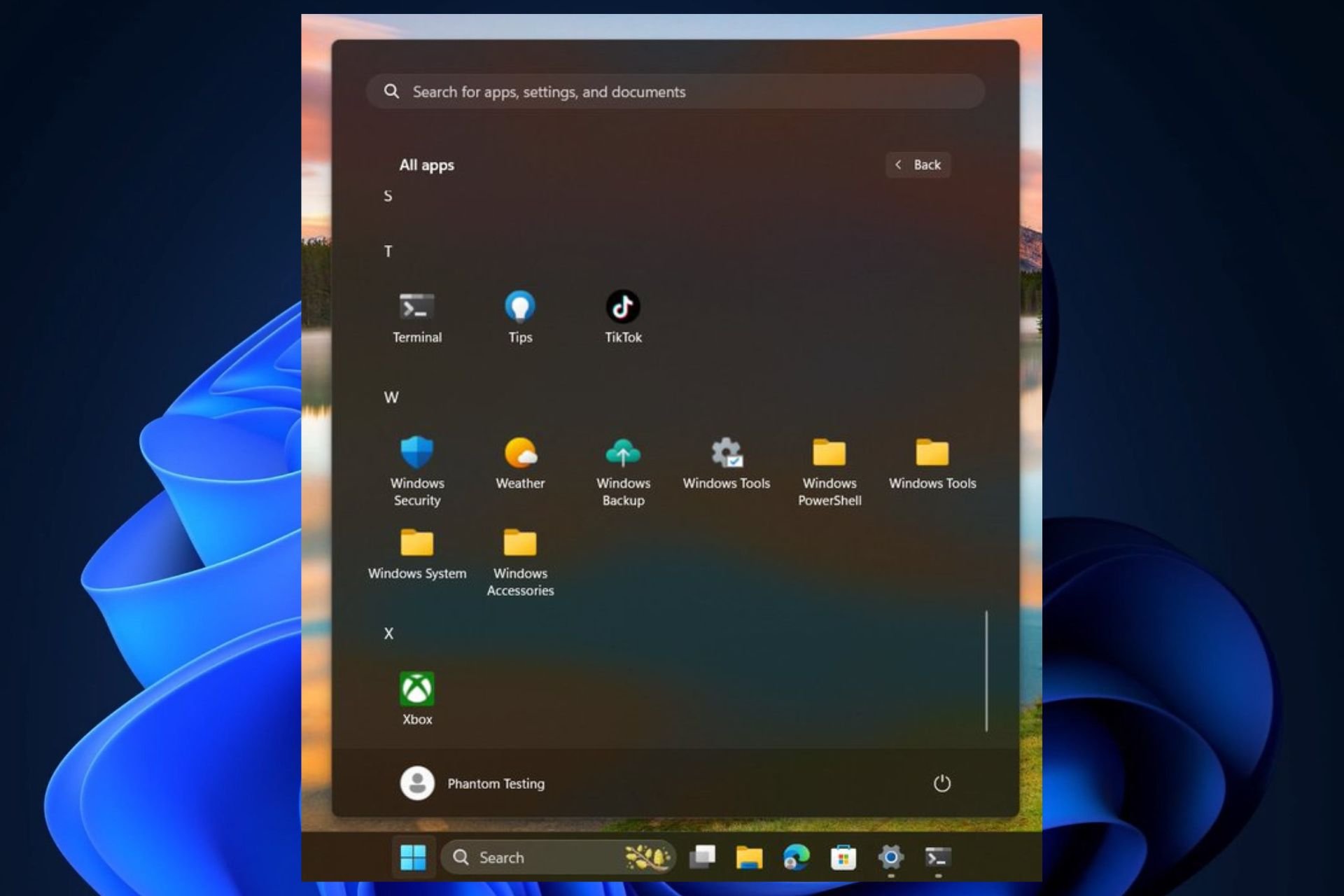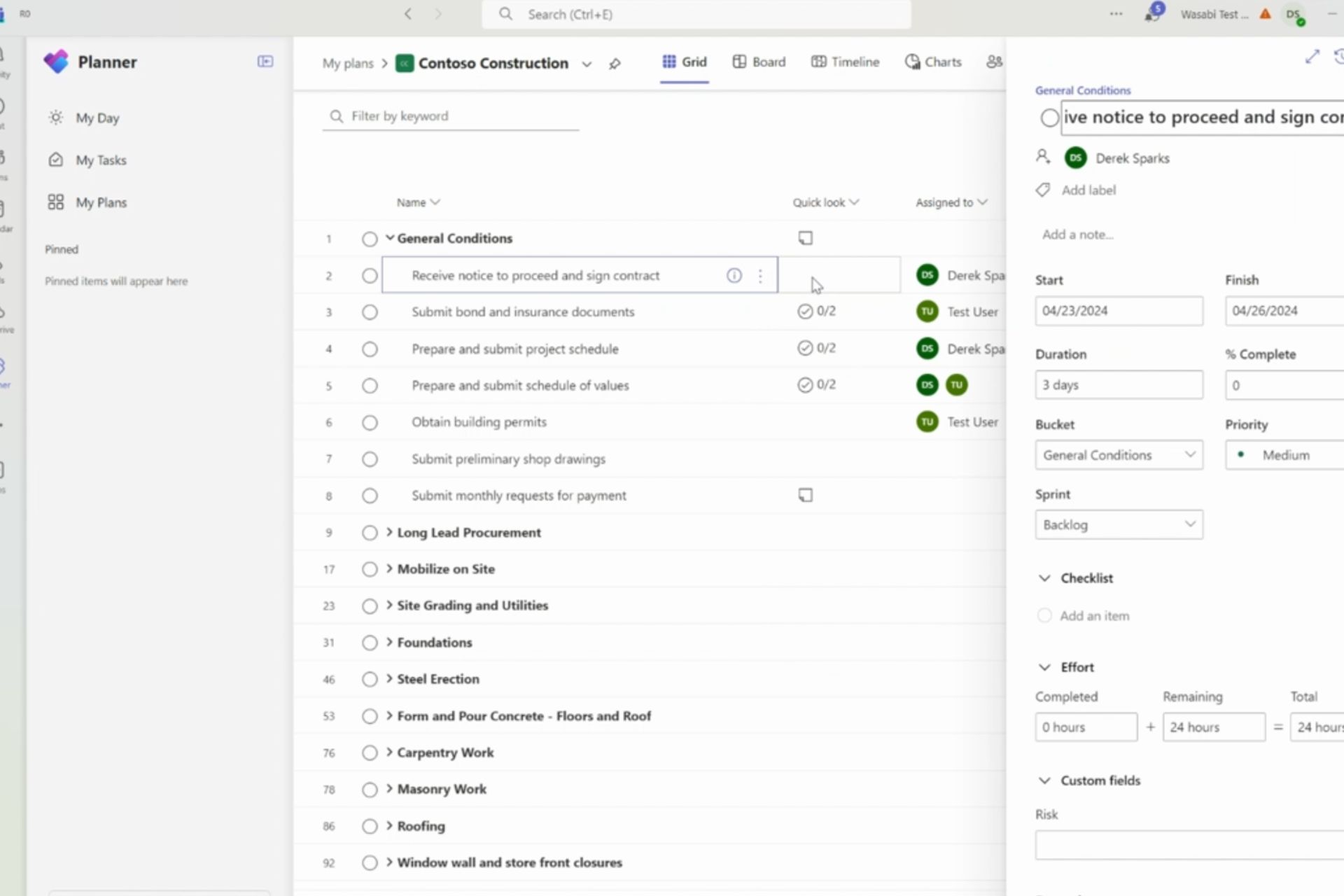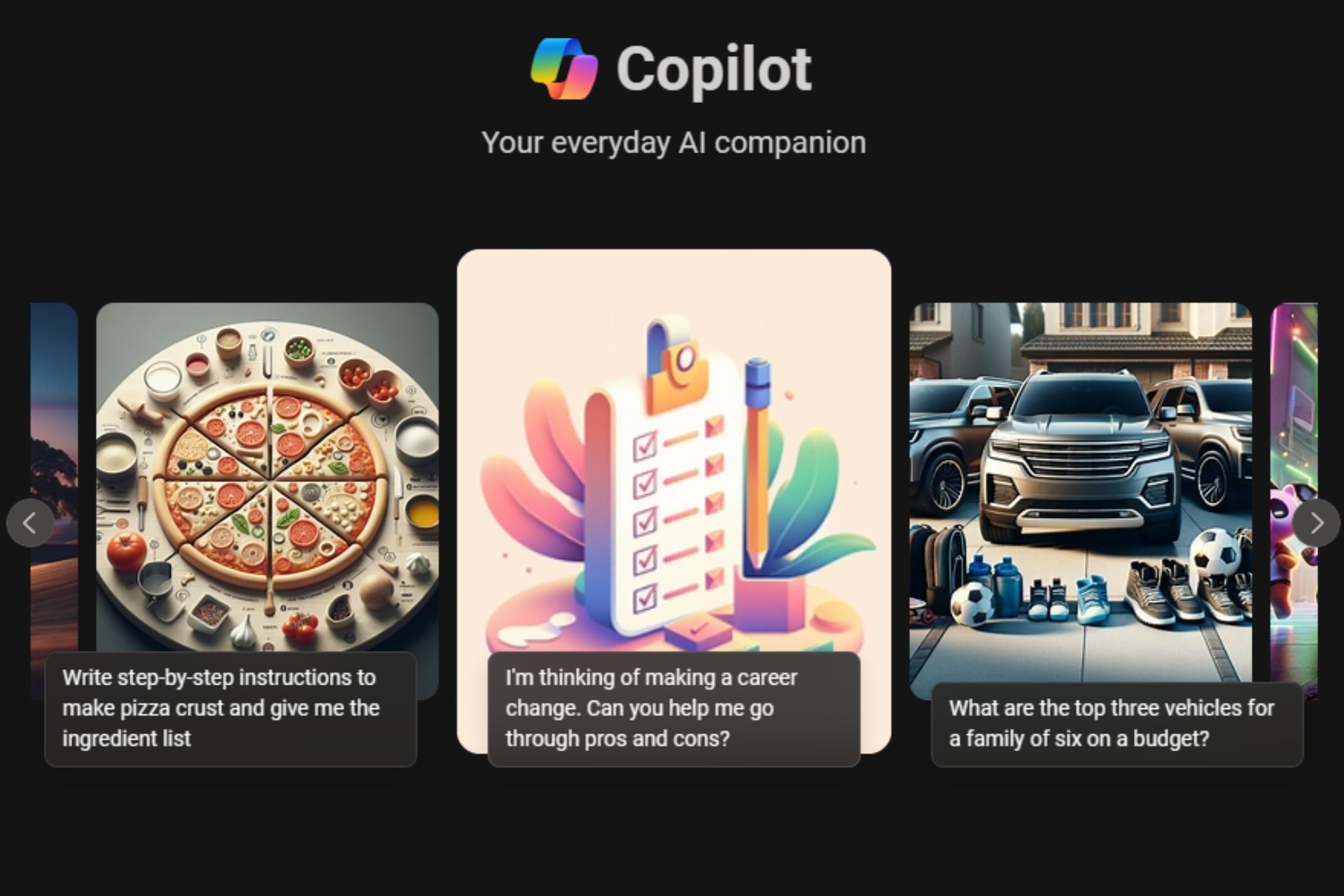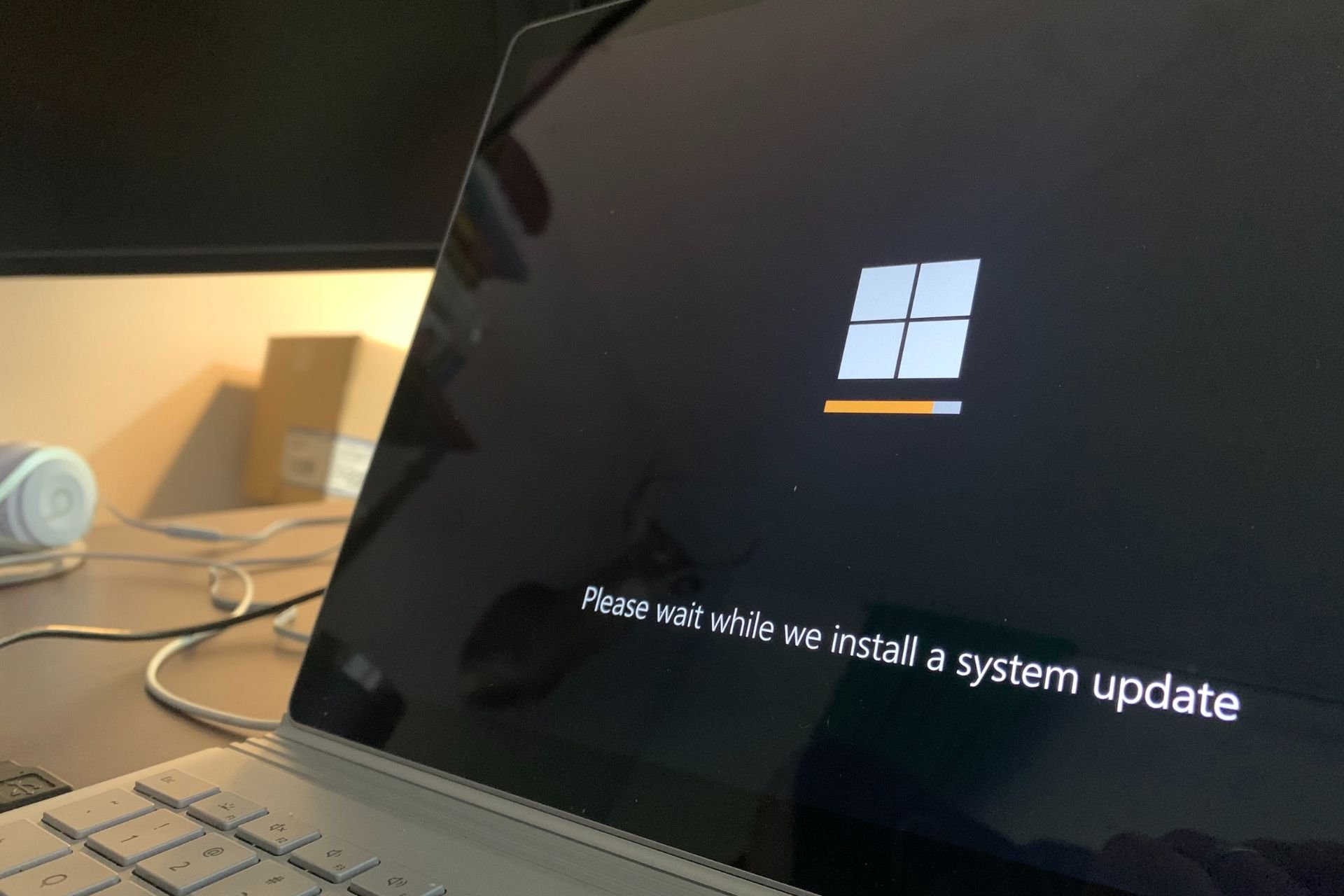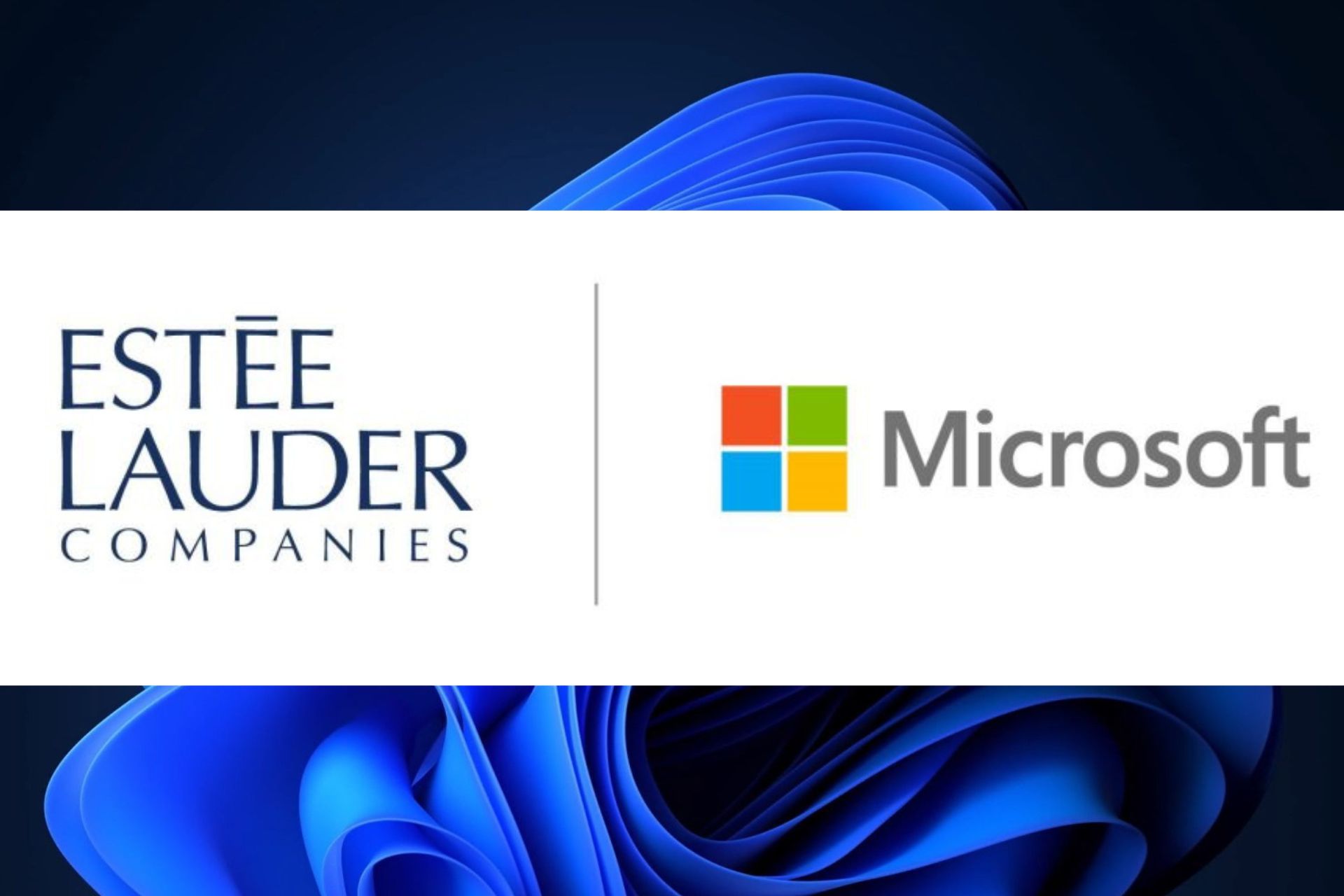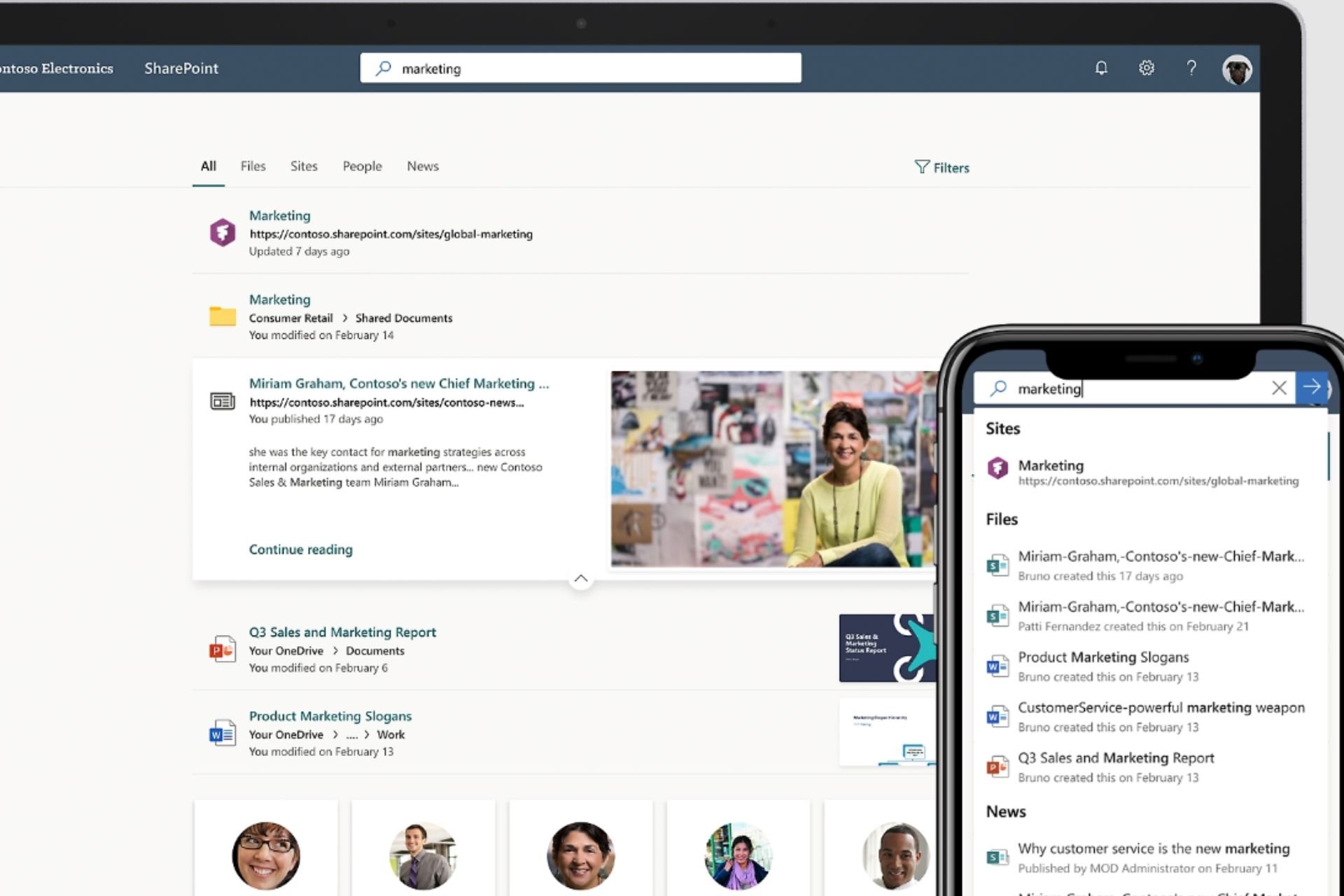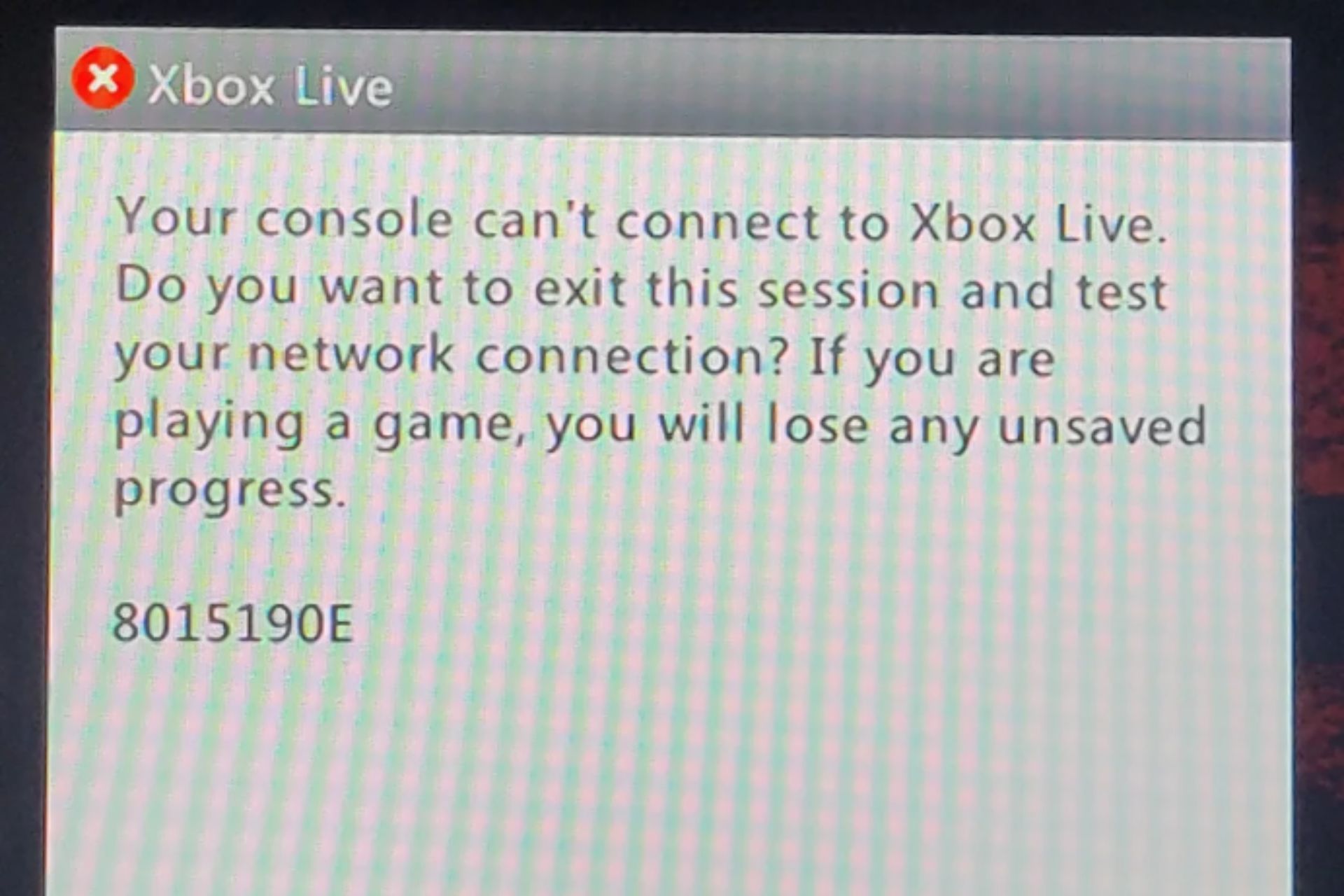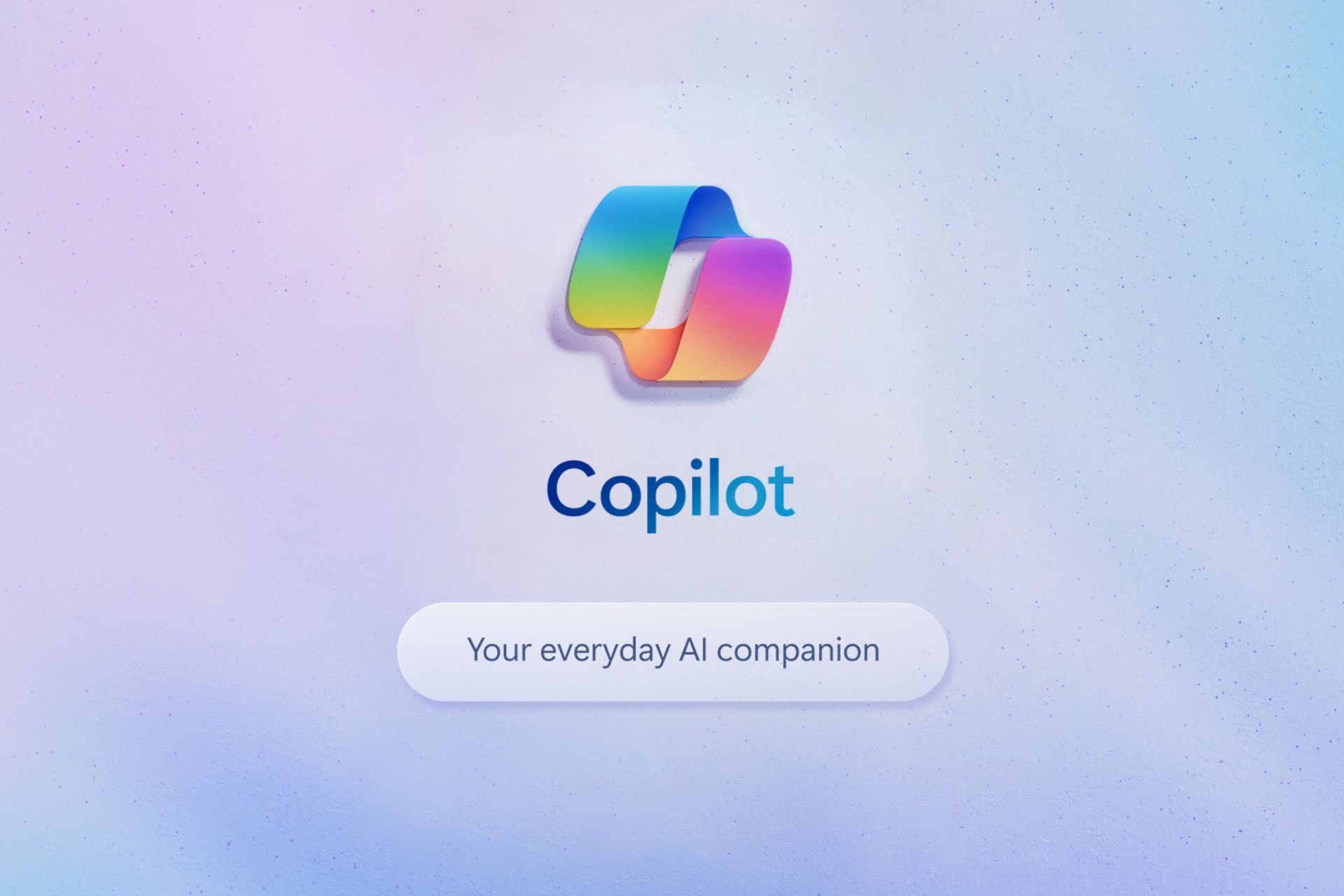OpenAI accuses The Times of hacking ChatGPT to build a lawsuit
Controversy continues
4 min. read
Published on
Read our disclosure page to find out how can you help Windows Report sustain the editorial team Read more
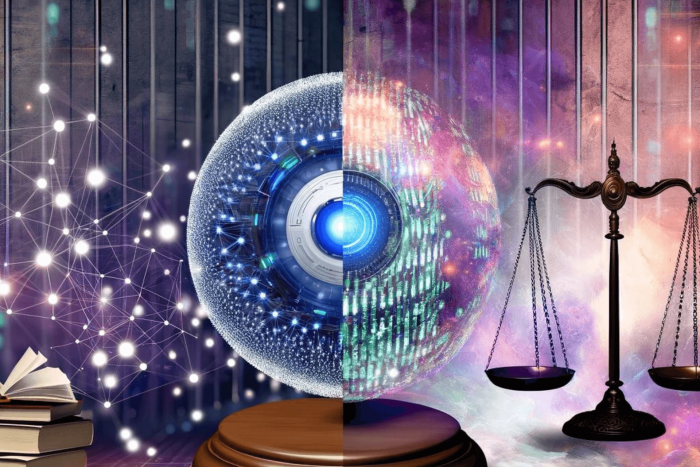
In Dec 2023, news surfaced that The Times sued OpenAI and Microsoft for copyright infringement. At the time, an OpenAI spokesperson mentioned they were already in conversations with the Times and were surprised and disappointed by the lawsuit.
However, in an interesting turn of events, now OpenAI is accusing the Times of hacking ChatGPT and other artificial intelligence systems to gather misleading evidence. They also have asked the judge to dismiss some parts of the New York Times ‘ copyright lawsuit against the company.
OpenAI filed a motion in Manhattan federal court on Monday asking the court to dismiss four claims from the lawsuit. It also mentioned that the Times made the technology to generate its content using misleading instructions, which violates OpenAI’s terms of use. Furthermore it said:
It took them tens of thousands of attempts to generate the highly anomalous results that make up Exhibit J to the Complaint. They were able to do so only by targeting and exploiting a bug (which OpenAI has committed to addressing) by using deceptive prompts that blatantly violate OpenAI’s terms of use. And even then, they had to feed the tool portions of the very articles they sought to elicit verbatim passages of, virtually all of which already appear on multiple public websites.
Exhibit J pertains to the material submitted by The Times to support its arguments against OpenAI. In response, OpenAI stressed its commitment to supporting journalism and ensured that no entity should have the authority to monopolize facts or the rules of language.
This filing also mentioned that in 2020, when GPT-3 was introduced, The Times reported that the technology would be useful and didn’t mention any copyright infringements. The motion further mentions:
In the real world, people do not use ChatGPT or any other OpenAI product for that purpose. In the ordinary course, one cannot use ChatGPT to serve up Times articles at will.
The Times cannot prevent AI models from acquiring knowledge about facts, any more than another news organization can prevent the Times itself from re-reporting stories it had no role in investigating.
The filing also said that OpenAI and other AI companies would win these cases on the basis of fair-use question.
In response to this, the newspaper’s attorney Ian Crosby said:
What OpenAI bizarrely mischaracterizes as ‘hacking’ is simply using OpenAI’s products to look for evidence that they stole and reproduced The Times’s copyrighted work.
On this, OpenAI declined to comment.
According to the December 2023 filing by The Times, OpenAI is using millions of the newpaper’s articles without consent to train the chatbots to provide information.
Microsoft is also a part of this lawsuit and it mentioned Browse by Bing, a service by Microsoft, which is powered by ChatGPT. The filing implied that the search engine generated articles identical to those found on Wirecutter, a blogging site where The Times posts product reviews.
They stressed that it was the reason for the decline in revenues as Wirecutter earns commissions via endorsing products. However, the recent filing contradicted this.
OpenAI contended that the articles mentioned in the complaint were produced when The Times asking ChatGPT to generate specific recommendations from the website.
In response the AI responded by guiding them to the website and offering a non-verbatim summary of the review.
The Times is not the only one involved in a lawsuit with a tech company of alleged misuse of their work, there are other copyright owners, who have accused several tech companies for the same.
In response to that, the tech companies say that AI system use the copyrighted material fairly and expressed their concern that these legal actions could impede the expansion of the ever-growing industry.
All of these facts and content were presented in the court, and so far no public statements were offered by any of the parties involved.
What do you think about this raging copy infringement war? Share your thoughts in the comments section below.

